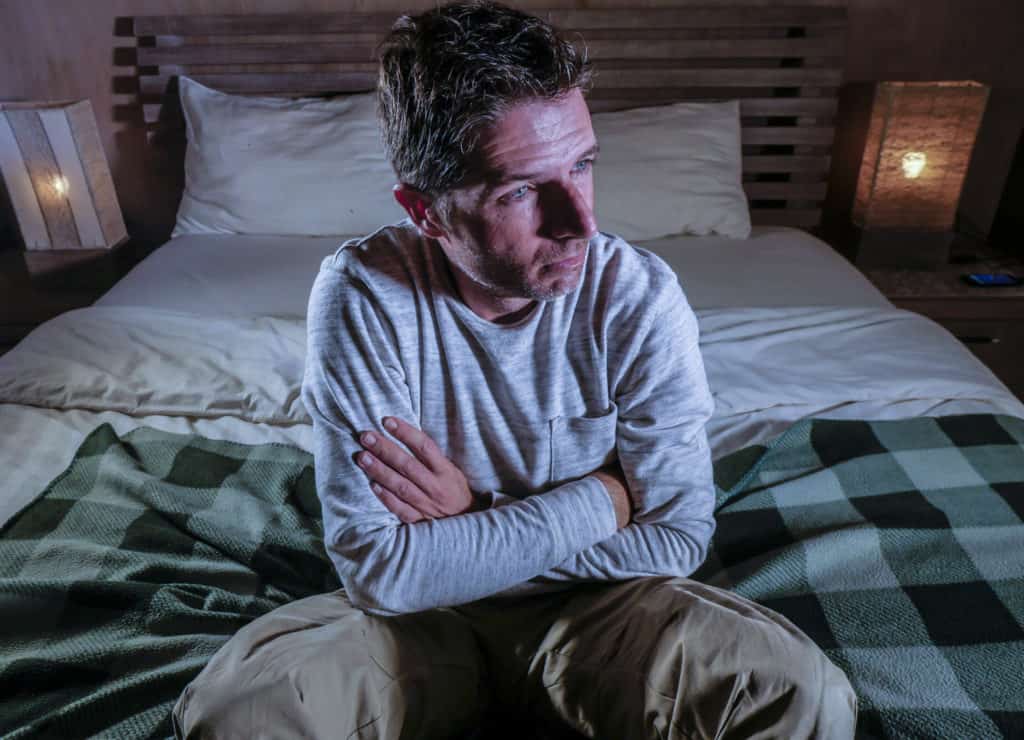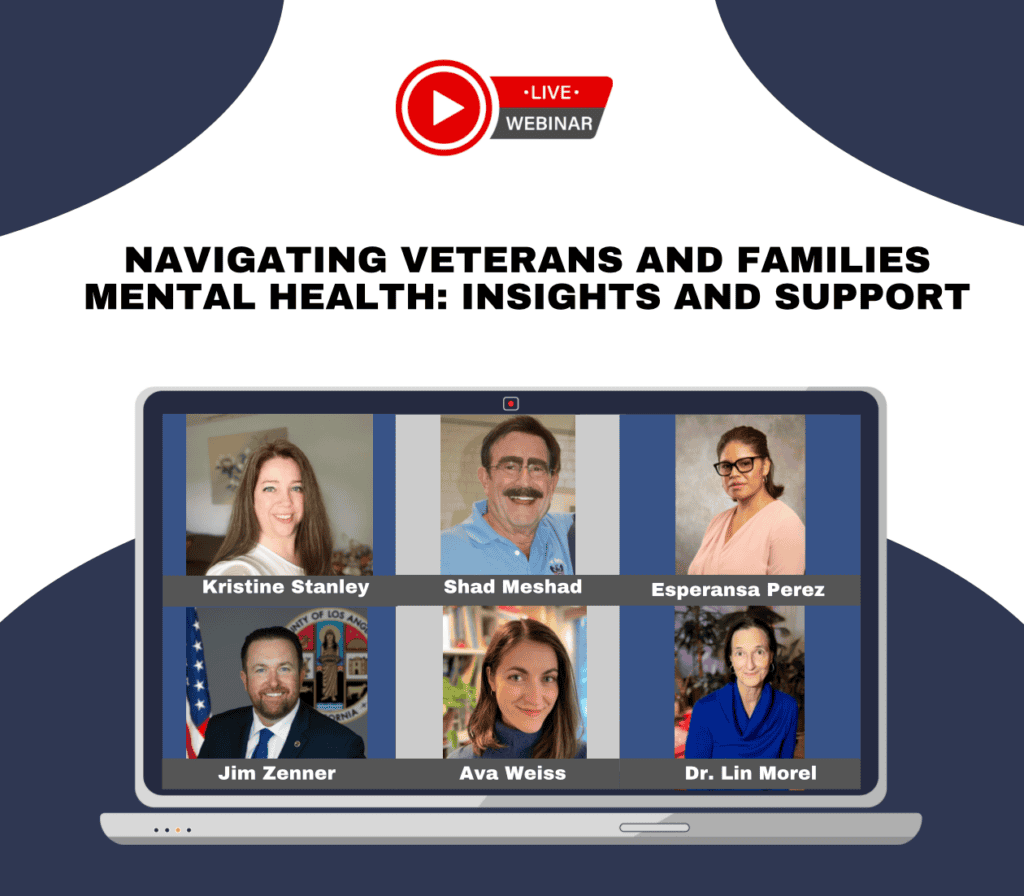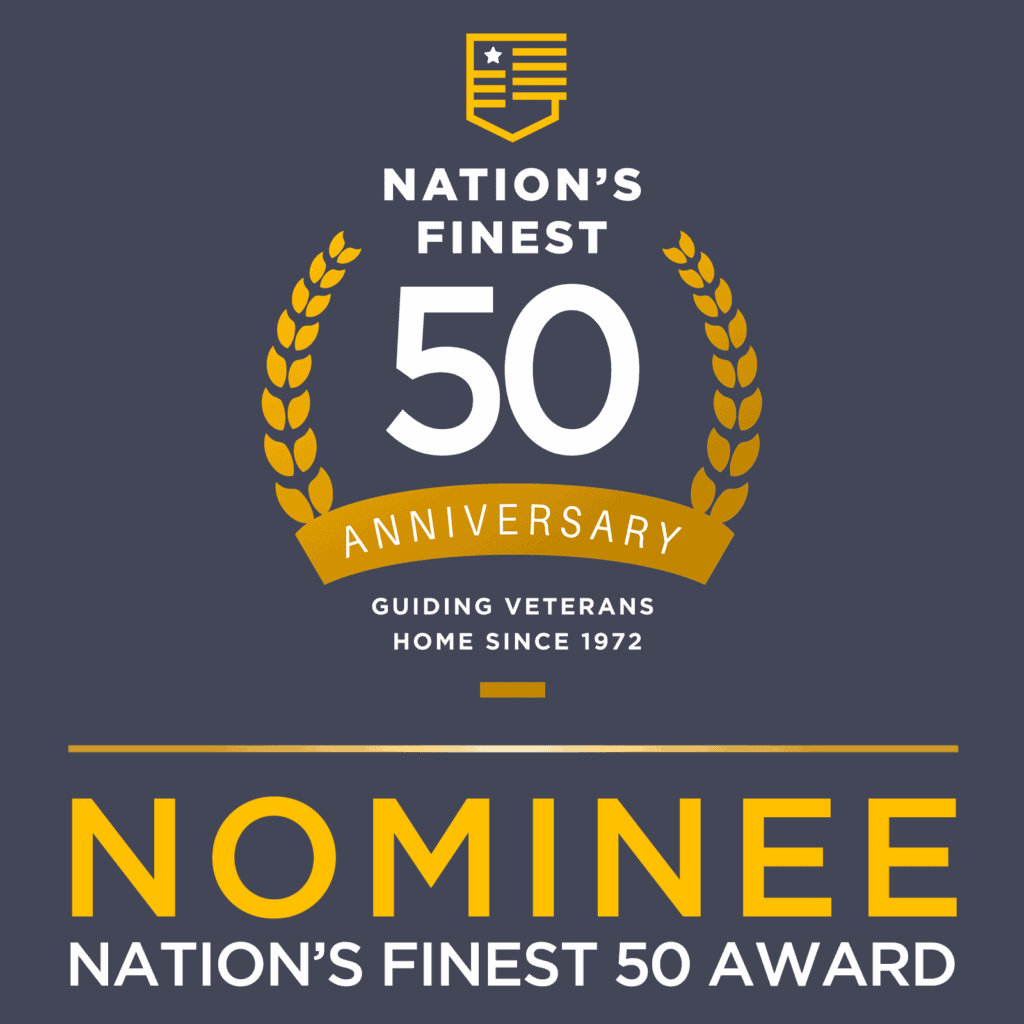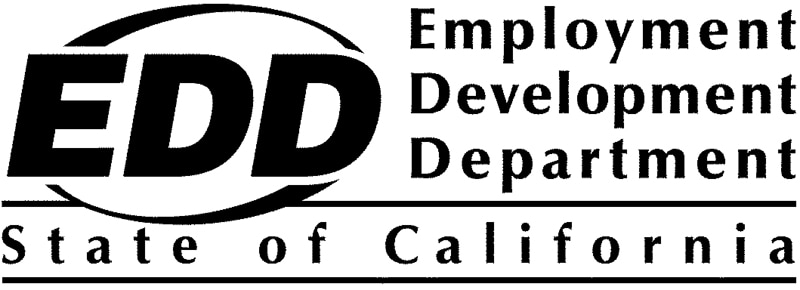Alzheimer’s on the Horizon: Looking Ahead
I thought I knew about all the issues facing our nation’s veterans, particularly those with TBI and PTSD. Then VeteransAgainstAzheimer’s reached out to us.
VeteransAgainstAlzheimer’s, part of UsAgainstAlzheimer’s, is a national network of veterans and their families, military leaders, veterans service organizations, researchers, and clinicians focused on raising awareness of Alzheimer’s disease as an urgent health issue for veterans.
Here are just a few statistics from their comprehensive report on veterans with PTSD or TBI and the connection between dementia and Alzheimer’s.
- Post-traumatic stress and depression can as much as double veterans’ Alzheimer’s risk.
- Older veterans who have suffered a traumatic brain injury (TBI) are 60 percent more likely to develop dementia, and dementia onset occurs, on average, two years earlier than veterans without TBI.
- 22 percent of all combat wounds in Afghanistan and Iraq were brain injuries, nearly double the rate seen during Vietnam—increasing these younger veterans’ lifetime risk of developing Alzheimer’s disease.
- The prevalence of dementia diagnosis is two times higher among veterans with post-traumatic stress.
- Alzheimer’s disease is always fatal. It is the only top 10 causes of death in U.S. with no cure, no means of prevention, and no disease-modifying treatments.
Military service exposes veterans to unique factors that increase the risk of developing Alzheimer’s disease and dementia: post-traumatic stress, traumatic brain injury, depression and blast-induced neurotrauma. While the greater percentage of veterans with Alzheimer’s is comprised mainly of older vets, notably Vietnam Vets, a study published in the journal Current Alzheimer Research shows that nearly one-third of new cases of Alzheimer’s are a result of service-related injuries.
Note that the “signature wound” of the wars in Iraq and Afghanistan is TBI (traumatic brain injury). This puts many young veterans at a higher risk, throughout their lifetimes. According to UsAgainstAlzheimer’s report, “Additionally, high rates of blast injuries and blast-induced neurotrauma are associated with irreversible, chronic brain tissue damage, including chronic neurodegeneration, long-term neurological deficits, and memory loss, according to a variety of scientific studies.”
All of this puts the Vets on our Lifeline for Vets crisis and information hotline on notice. We’re likely to be fielding an increasing number of calls on this issue. Which brings me to my next point, because our Lifeline is open to all vets and their families and loved ones. In short, those on whom the burden of care falls.
Because the effects of Alzheimer’s and dementia often happen over an extended period, whole families can be stressed, struggling with the gradual change and loss of a loved one. Also, diagnoses of dementia incur unplanned-for medical expenses and hospital stays. The expense of outside caregivers is often prohibitive. We’re looking at an epidemic that will hit with widening ripples over the next decades. It’s crucial that we face this reality and work to create and implement a plan to support both our veterans and their families through what we see coming.
National Veterans Foundation is now partnering with VeteransAgainstAzheimer’s to raise awareness about the issue and to advocate for more research and government support to find a cure for these deadly diseases, while finding ways to mitigate the effects on veterans and their families.
You can be a part of our mission to help Veterans by making a tax-deductible donation!
About the Author
SUBSCRIBE TO OUR BLOG AND NEWS!
By submitting this form, you are granting: NATIONAL VETERANS FOUNDATION INC permission to email you. You may unsubscribe via the link found at the bottom of every email. (See our Email Privacy Policy for details.)
Related Posts






